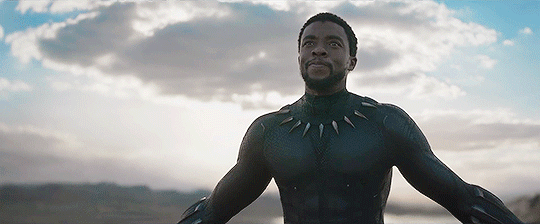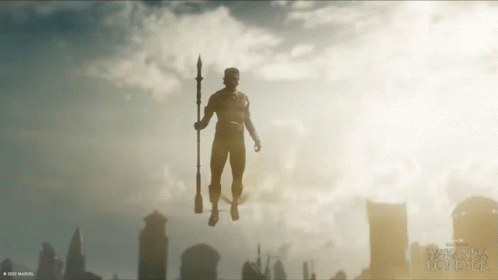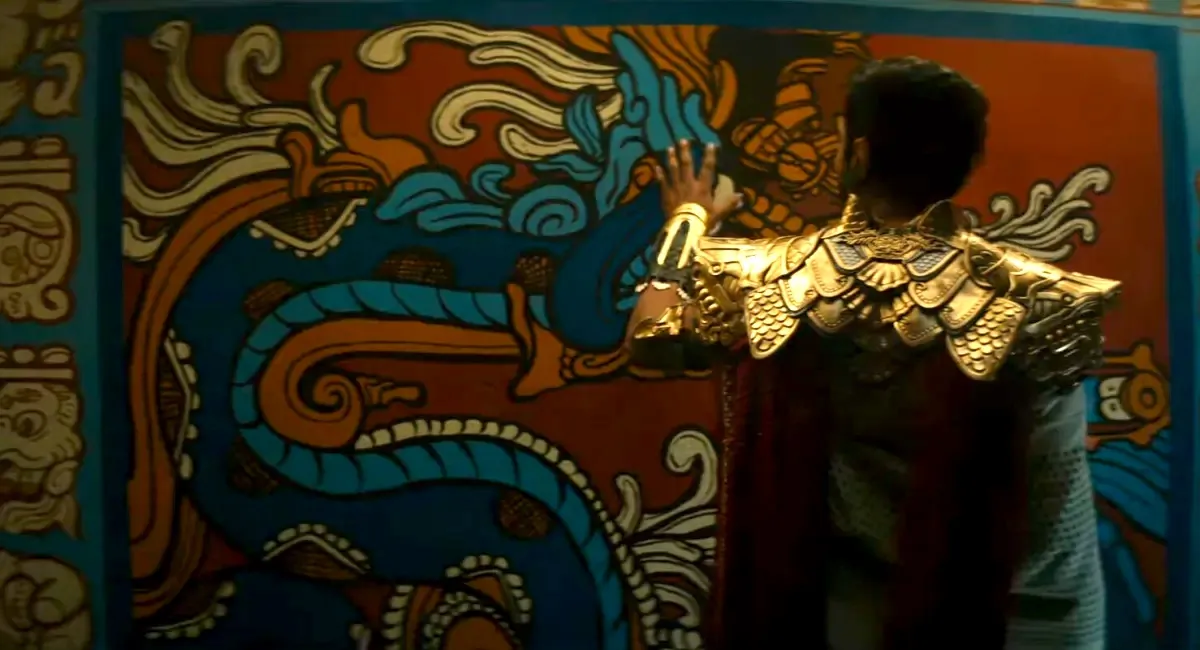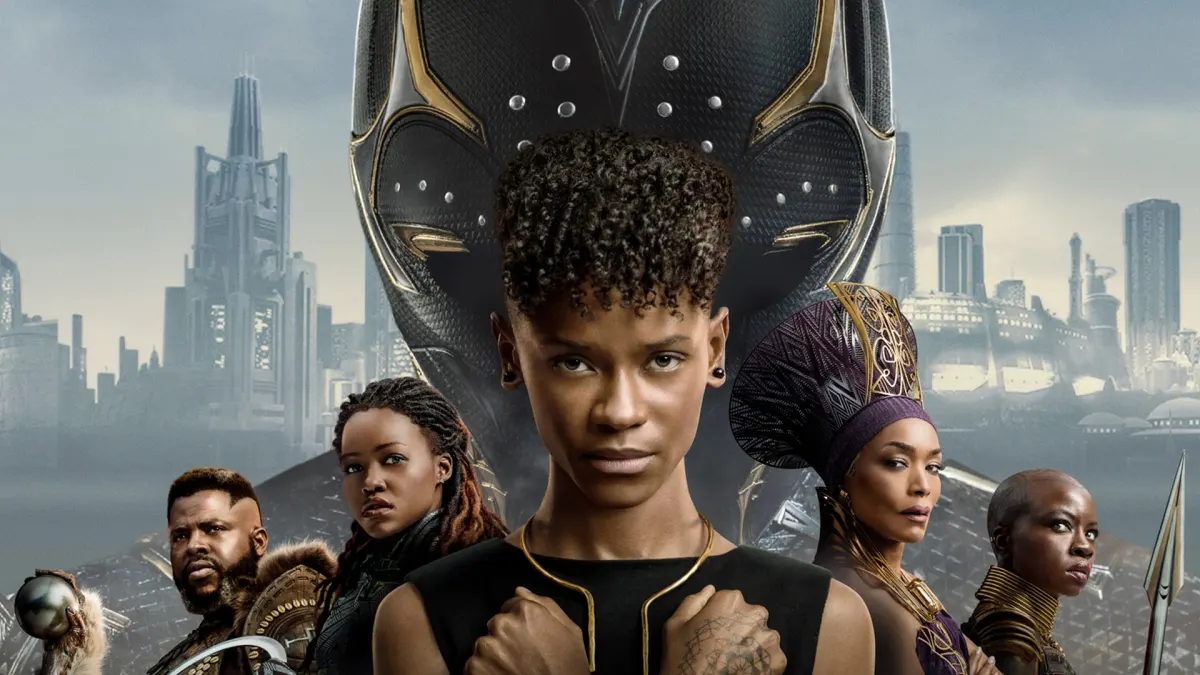The internet is raving about Black Panther: Wakana Forever. The reactions have varied over the anticipated movie that doubles as a tribute to Chadwick Boseman, the late actor who played the title movie in the previous Marvel iterations.
It’s hard for me to be completely biased about this movie, as a Mexican Filipine American from the SF Bay Area (East Bay, to be specific). So, it’s difficult to miss the local OG Bay Area artists that director and writer, Ryan Coogler, integrates into his work. As a long-time fan of fantasy and science fiction, I’ve yearned for stories that don’t center on European histories or futures. Black Panther (the comics and the movies) has been a breath of fresh air.
The rest of this piece will be a critique of the reception of the movie, so if you don’t want to be spoiled (albeit slightly), then please bookmark this article and run to the movie theaters now.

So, the movie’s core theme is grief. The catalyst for one of the central character’s grief is the violent colonization of the antagonist’s mother’s home, which resulted in a secret society built to preserve their culture. When he witnesses the rape, murder, enslavement, and torture of his mother’s people. That grief transformed into a rage as he tried to do what he thought was right. This titular character, Namor, is portrayed by Tenoch Huerta—the internet’s current boyfriend. While it feels like the whole world is simping over Namor and, consequently, Tenoch, there’s been rhetoric floating around the internet that has made me cringe.
There’s always a Marvelized nickname that happens to audiences’ favorite characters. These nicknames become an interesting conflation between the character and the actor. There becomes this almost inextricable tie that blurs the line between fiction and reality. If one jumps on a fanfiction site like Wattpad or AO3, one will see a slew of fics that star the actors instead of the characters they portray. These nicknames are usually lighthearted and stem from the popular movie the actor is known for, like Chris Evan’s nickname “America’s Ass,” which has followed him outside his Marvel career.
Tenoch’s Marvel nickname is quickly becoming agua papi. Which is funny and probably at risk for ethnic fetishization. The issue I have with this particular nickname is that while Tenoch is a talented Mexican actor (here’s the biggest spoiler of them all), Namor is not Mexican.

Short history lesson detour: Mexicans are the violent result of hundreds of years of colonization by the Spaniards via the Catholic church. While there are indigenous ethnic groups that are still here and thriving, Namor’s mother fled the impending Spanish colonization, which led to Namor’s underwater mutant birth and secret civilization. The core identity of this character is the very fact that he’s desperately trying to protect his culture and community after witnessing the horrors humanity wrought over someone they deem different. While not inherently awful, the movie made a point for the characters to speak Yucatec Maya, a Mayan indigenous dialect—not Spanish, a European colonizing language. This was a brilliant choice that I noticed immediately. Even the subtitles that translated Yucatec Maya were a different color—blue, no doubt to symbolize the underwater civilization. So if the writers and directors consciously chose to avoid colonizing language when constructing the character, shouldn’t we do the same?
Having people of color create our own stories for us and no one else is new in America. For a long time, we haven’t had any control over our stories—look at Princess and the Frog, it was written by a bunch of old white guys and that’s also a Disney movie. So why are already comparing stories created and featuring brown and Black folks to our white counterparts? Can’t we have something of our own?
Although this is just one post on Tumblr, it indicates that, as a society, we’re conditioned to think of white stories first and foremost. After all, can you blame us? These stories have been shoved down our throats by the media and our education. We’re taught Greek and Christian mythos by being assigned to read The Odyssey by Homer and The Canterbury Tales by Geoffrey Chaucer.
So why does it bother me that one person compared Namor witnessing the cruelty of mankind as the catalyst to a plethora of events that led to Shuri’s eventual kidnapping to an underwater kingdom to Hades and Persephone?
A small part of it probably has to do with the fact that I’ve dreamed of seeing a story about someone kicking Spanish ass during colonial Mexico has been a personal Mexican dream of mine. The fact that I finally saw people like me fight back was powerful (because some indigenous groups did just that in real life).

The bigger reason why is because Black Panther films continue to resonate with me (and others who experience the diaspora) is because it dives into stories that center us. We grew up with Greek mythologies, Germain fairytales, and Danish stories about mermaids. Growing up with movies, tv shows, and novels featuring characters with anything other than blonde hair and blue eyes. Black Panther is one of the first movies that Disney put real efforts into creating by having a Black director, writers, actors, and soundtrack. Diversity in media means more than just actors on the screen. It means diversifying the crew members we don’t see on screen: makeup artists, hairstylists, and writers. While this may seem silly and unimportant (especially the hairstylist or makeup artist), there’s a reason why I need to make sure my hairdresser can style curly hair and won’t pressure me into a blowout.
Not everything has to center white-ness. There’s a reason why more and more diverse stories are being greenlit. Marvel finally creates main characters from different backgrounds in Phase Four, like Shang-Chi, Ms. Marvel, and the Eternals. Why compare something shiny and new with stories reimagined a thousand times over? Sure, there are arguments that Greek storytelling is supposed to be an archetype of the human condition. However, other cultures have their depictions of the human condition with their unique histories woven into their mythos. While critiquing art that you love and respect is healthy and necessary, there is a way to do so without centering white stories.
(via Marvel Entertainment, featured image: Black Panther: Wakanda Forever poster)










Published: Nov 27, 2022 10:18 pm